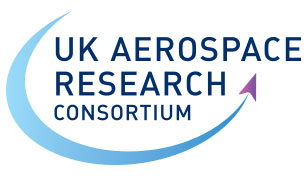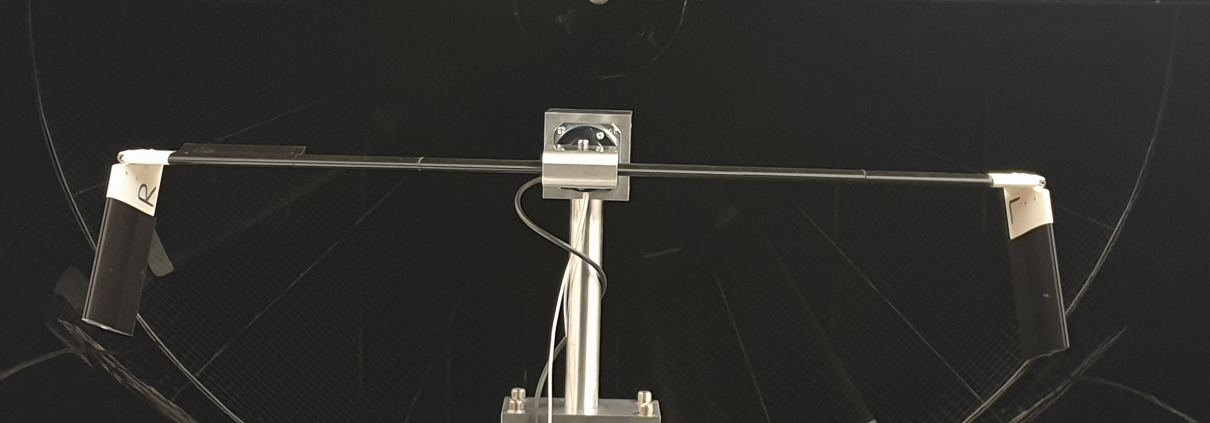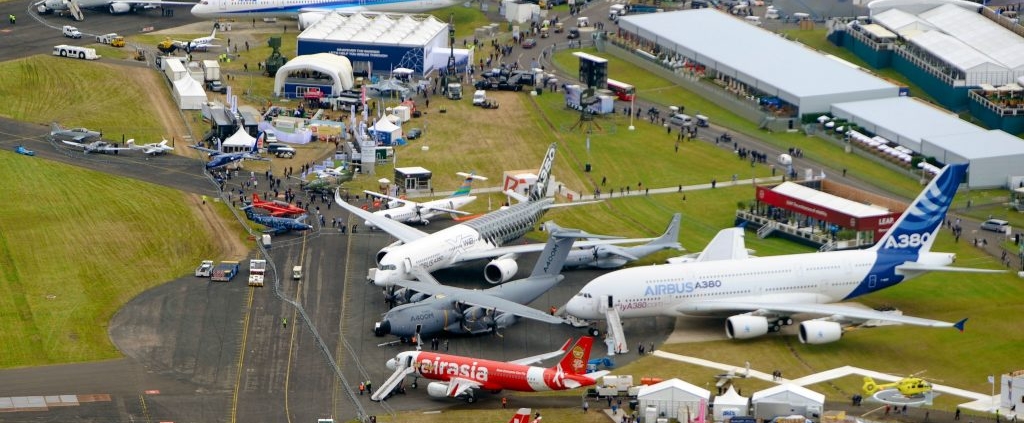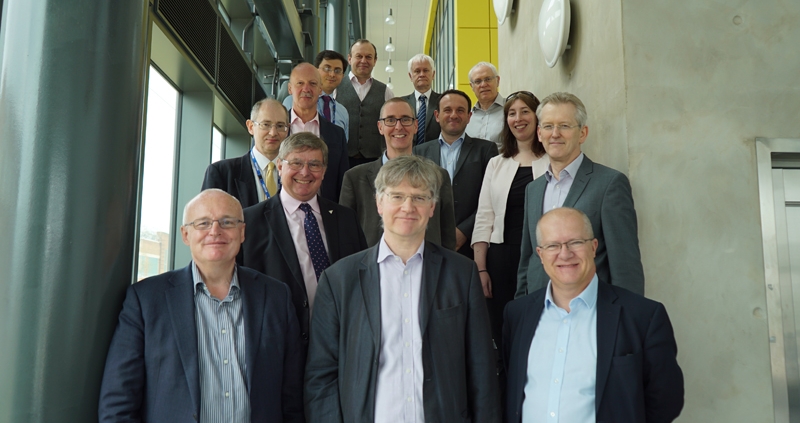The Aerospace Technology Institute (ATI), with support from the Department for Business, Energy and Industrial Strategy (BEIS), has launched the FlyZero project to determine the concept for a new low carbon aircraft to be introduced within a decade.
This work is a national effort that aims to define concepts to give the UK a lead in low-carbon aviation. It will inspire a number of larger research programmes providing academics with the opportunity to make a mark and bolster university innovation.
The UK Aerospace Research Consortium (UK-ARC) is the focus for academic engagement but there will be engagement beyond the 11 UK-ARC aerospace research-intensive universities.
The ATI are looking for academics to participate in the project and opened a secondment recruitment process in September to draw expertise into the core team (expected to be up to 100 people) to work through many conceptual aspects of the challenge.
Leading academics in relevant fields of expertise are encouraged to apply for these 12 month full-time posts.
The FlyZero project has also identified the need for an Academic Coordinator and this post will be advertised during September on the ATI FlyZero website.
Whilst the main concept development work will be undertaken within the FlyZero core team, it has been recognised that promising technologies are likely to need deep technology team analysis within separate academic teams along the lines of those previously stood up by DARPA in the US.
FlyZero represents an exciting opportunity for academia as this is lower TRL work where expertise within UK-ARC universities could have a real impact and spur new multi-year projects.
For more information about the project and the secondment roles please visit their website https://www.ati.org.uk/flyzero/ or contact Dr Adrian Cole via email A.C.Cole@cranfield.ac.uk.





